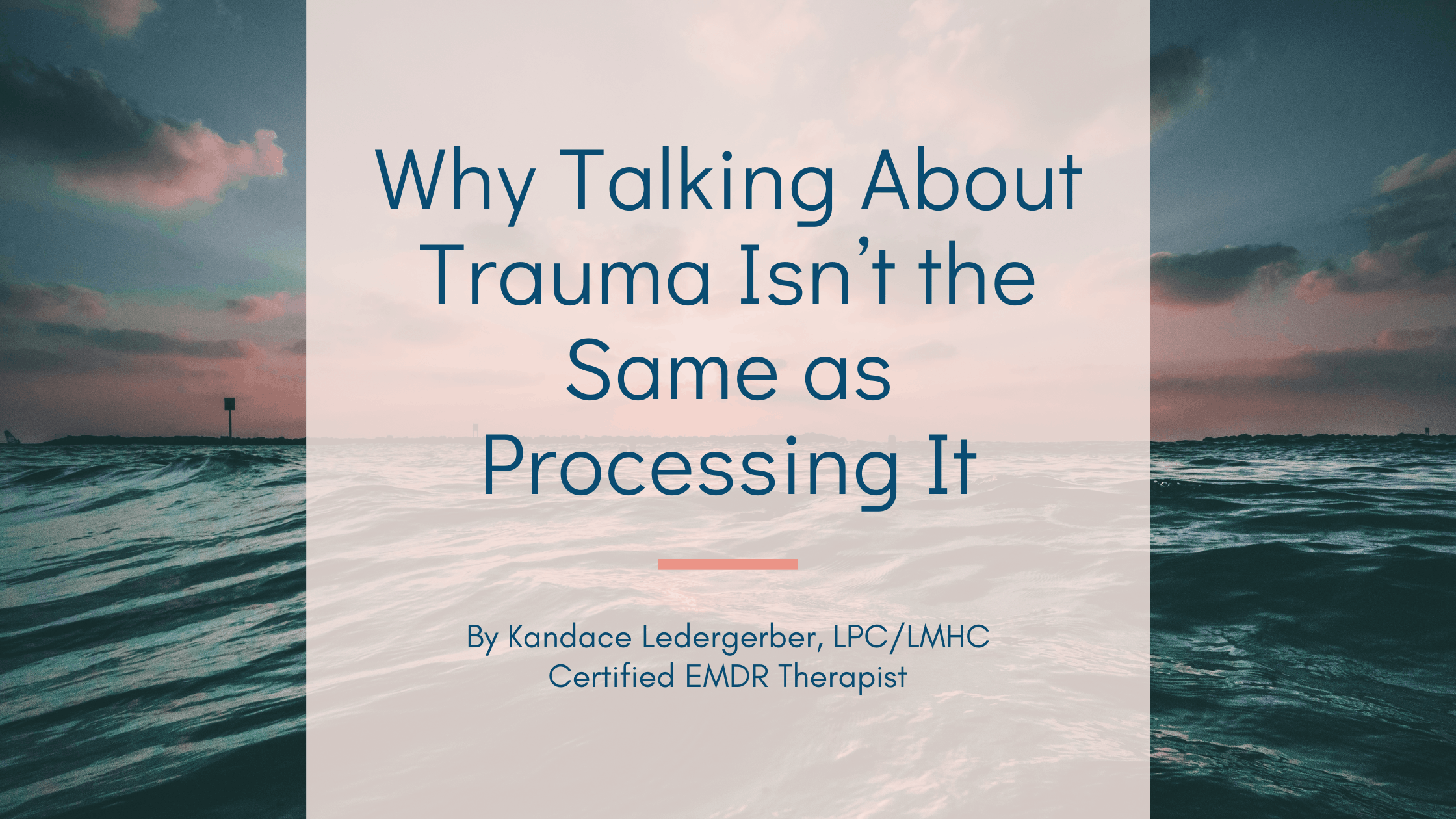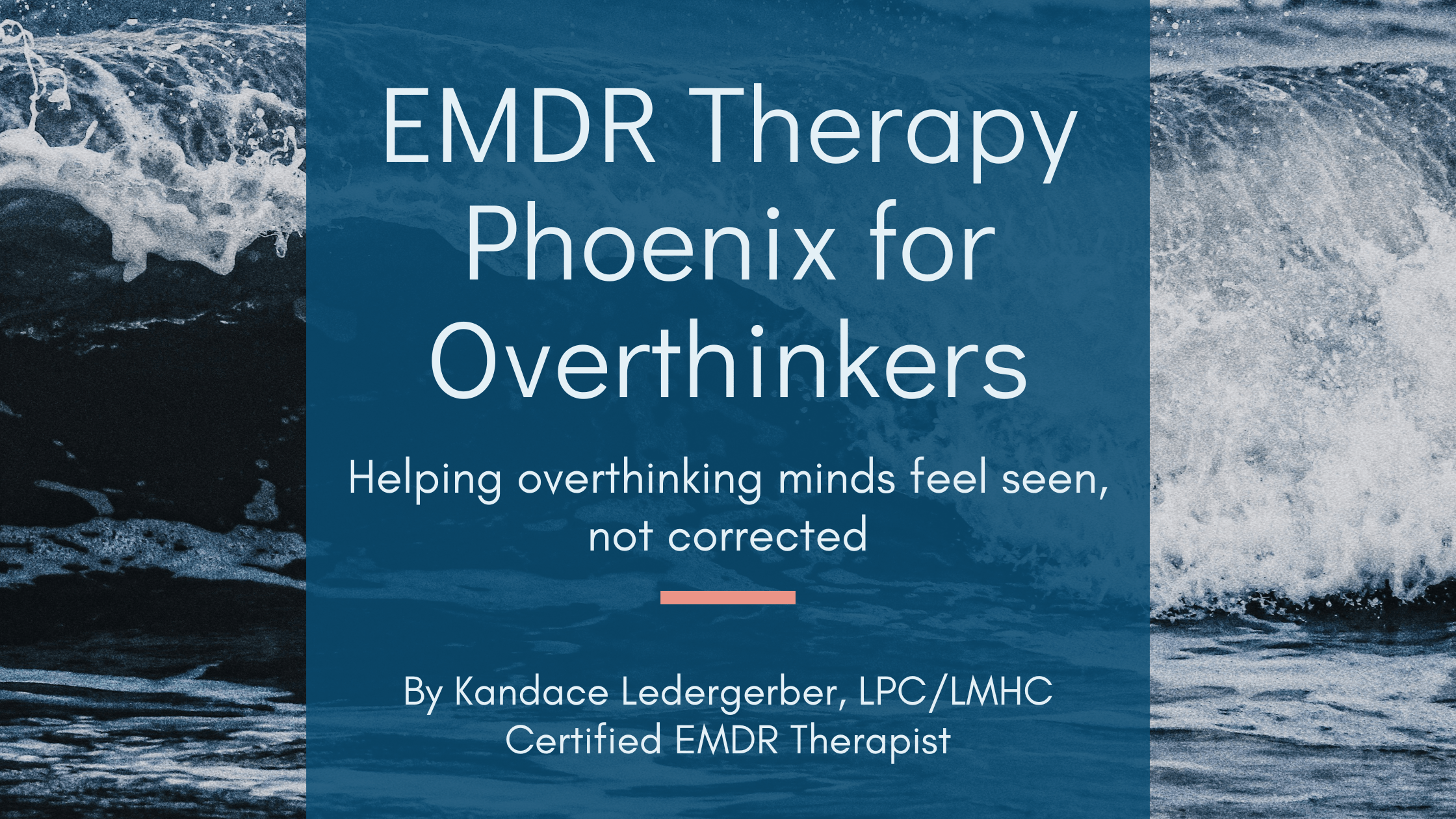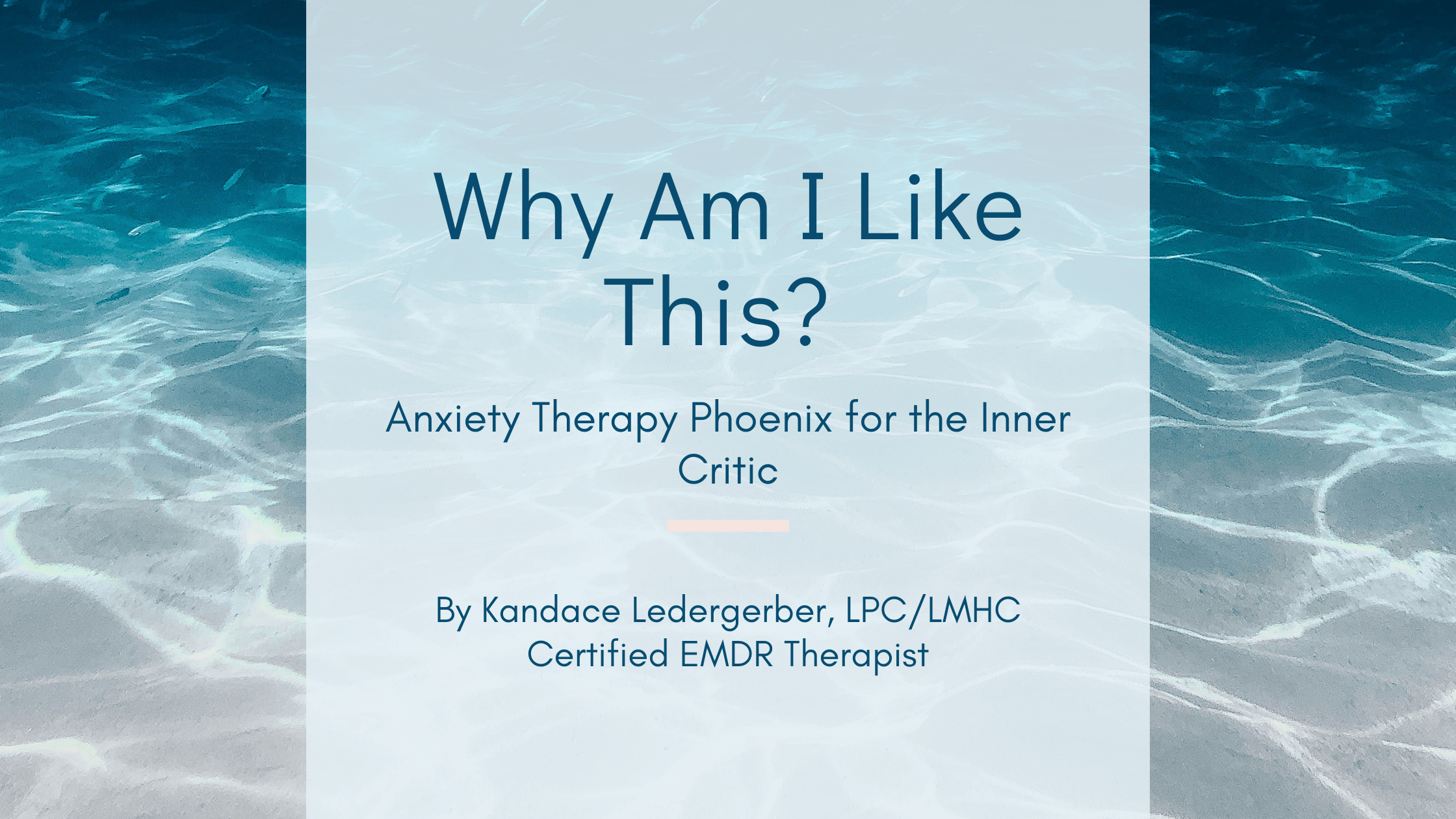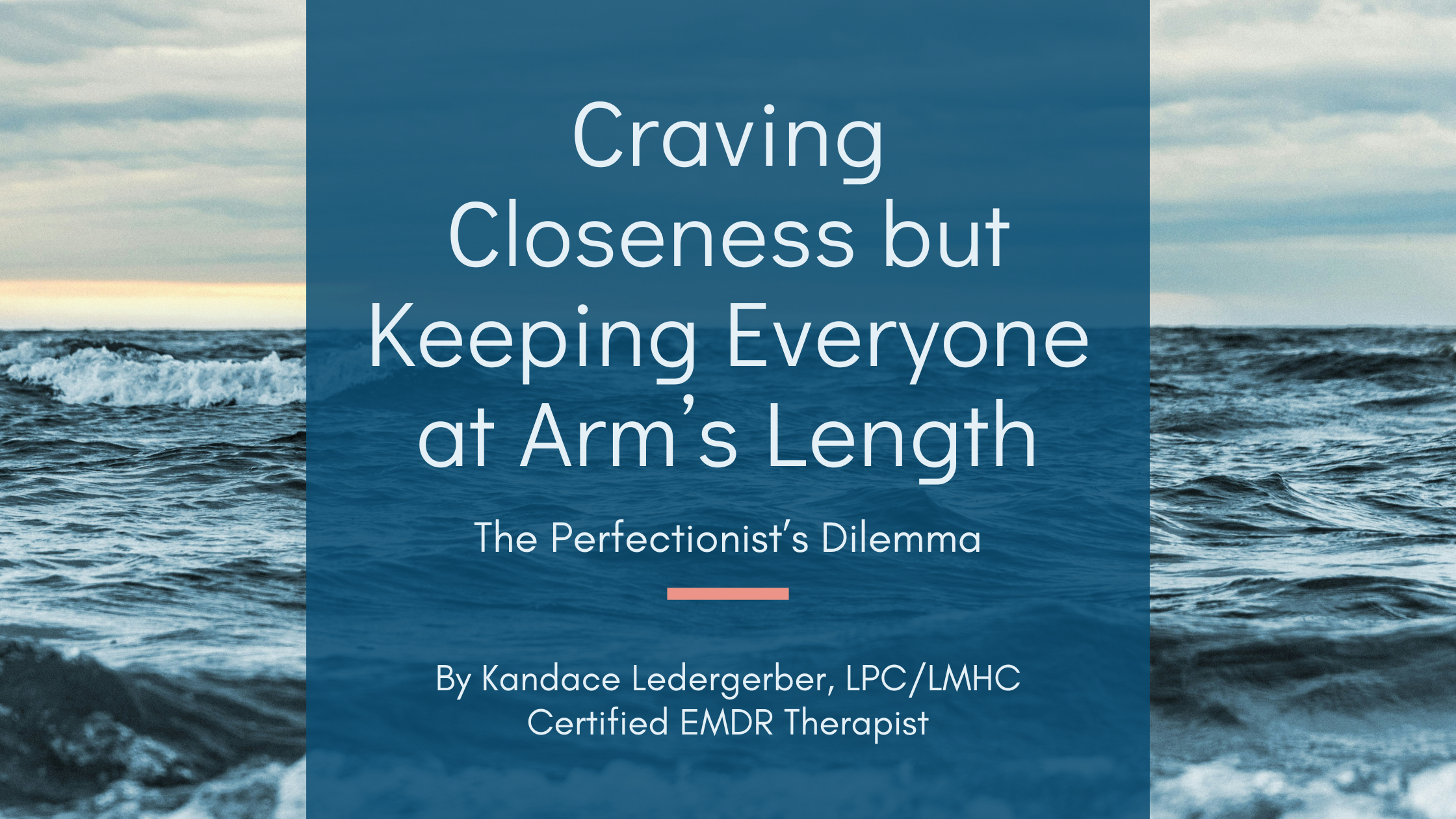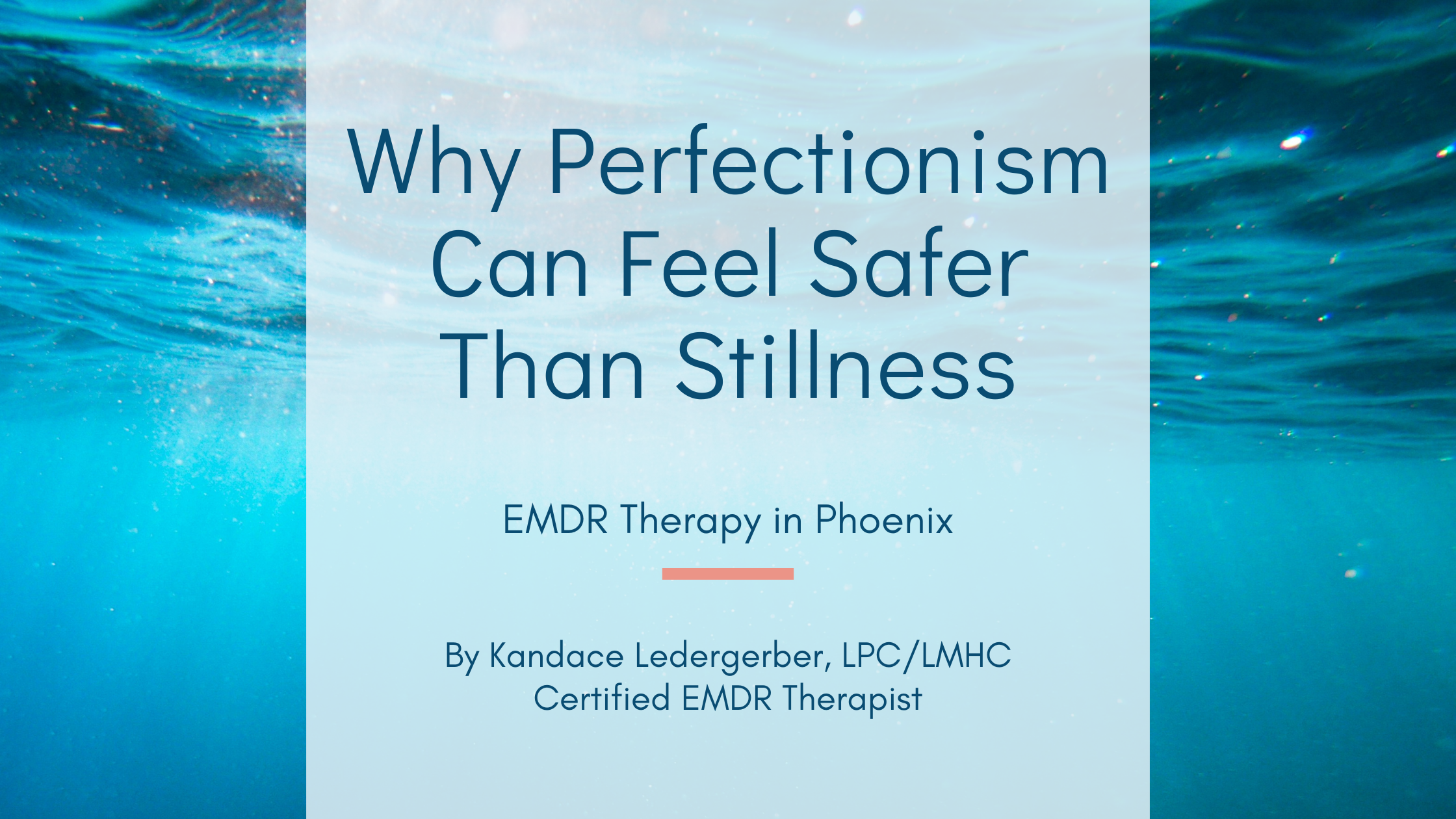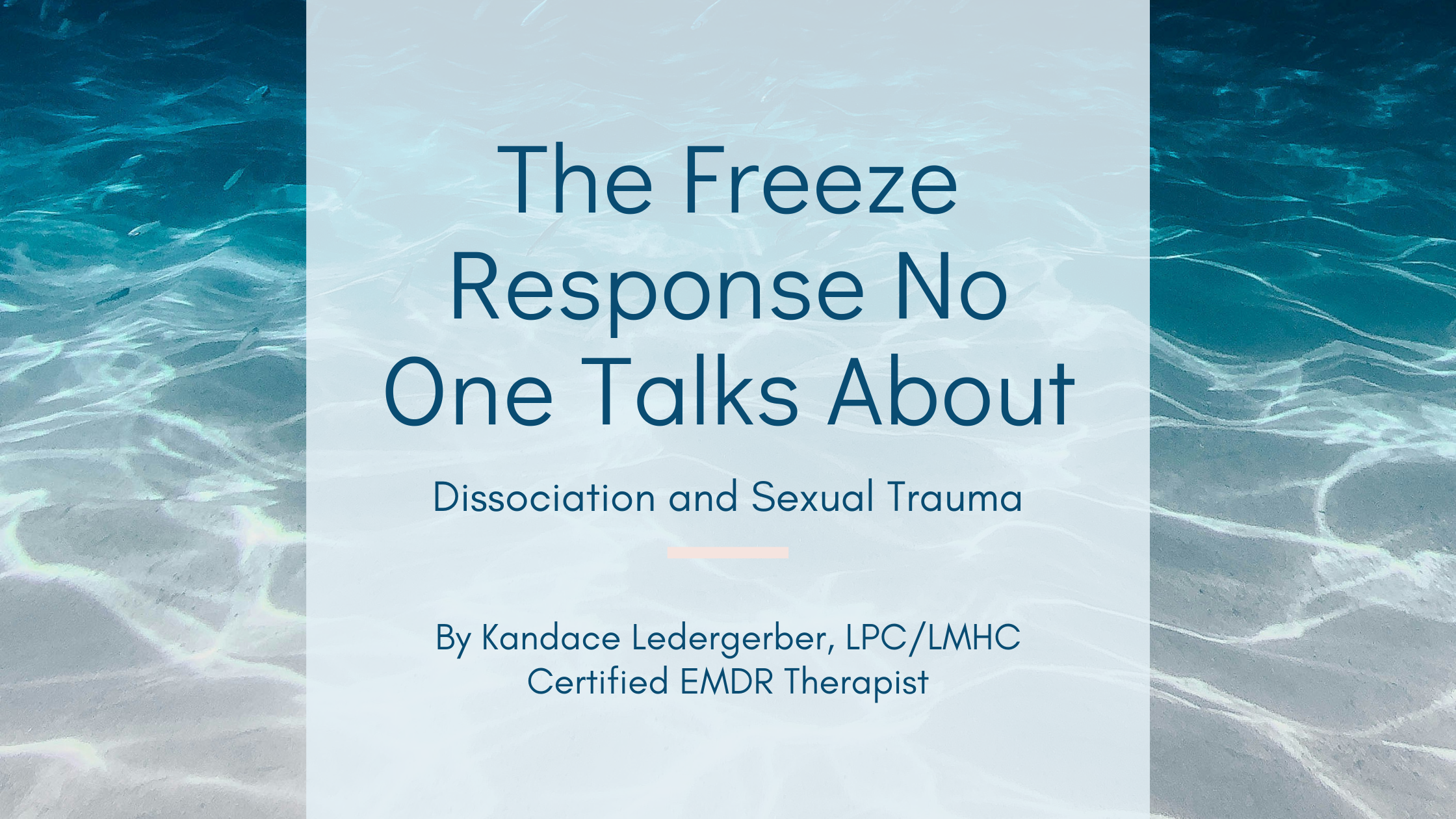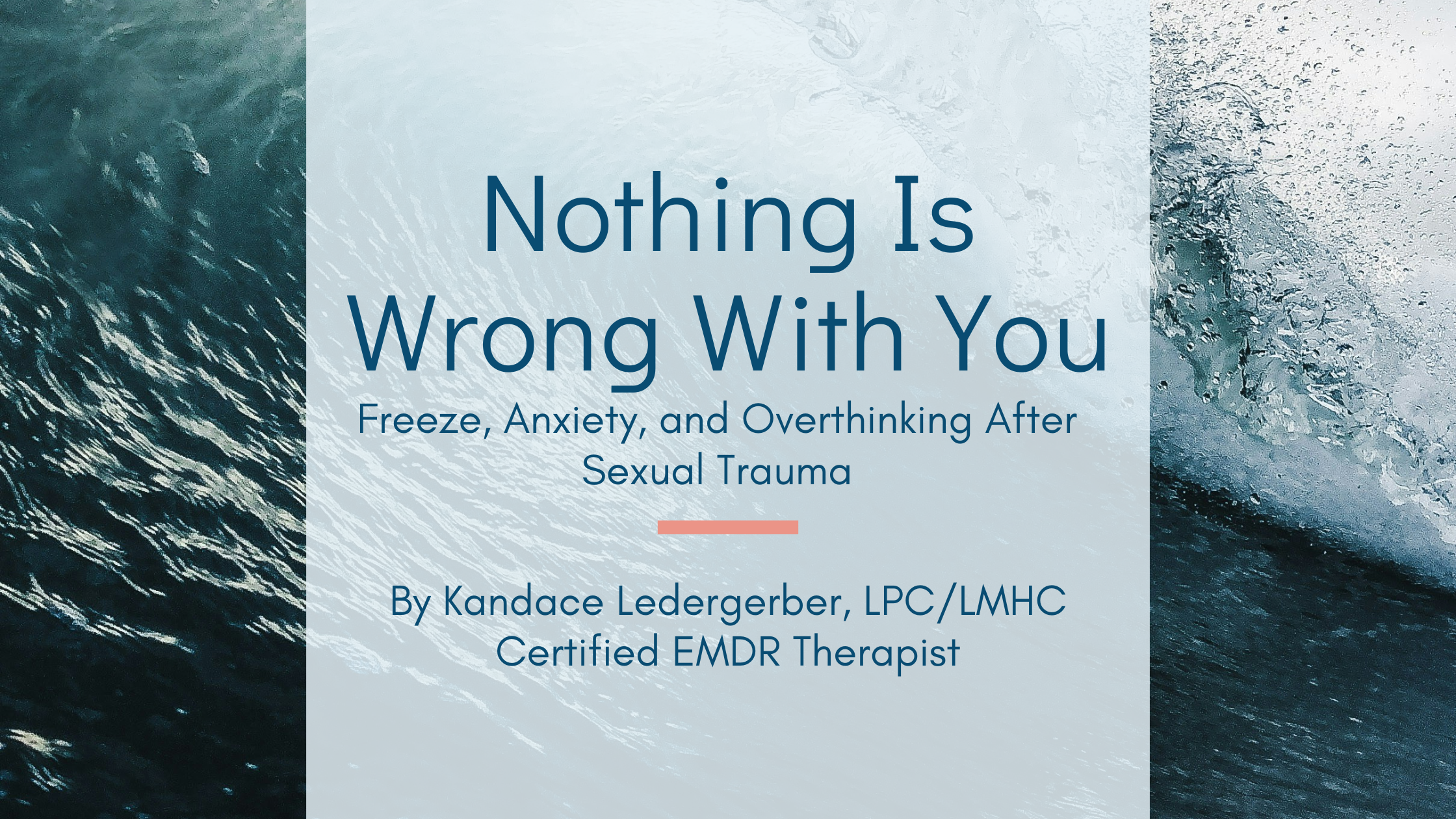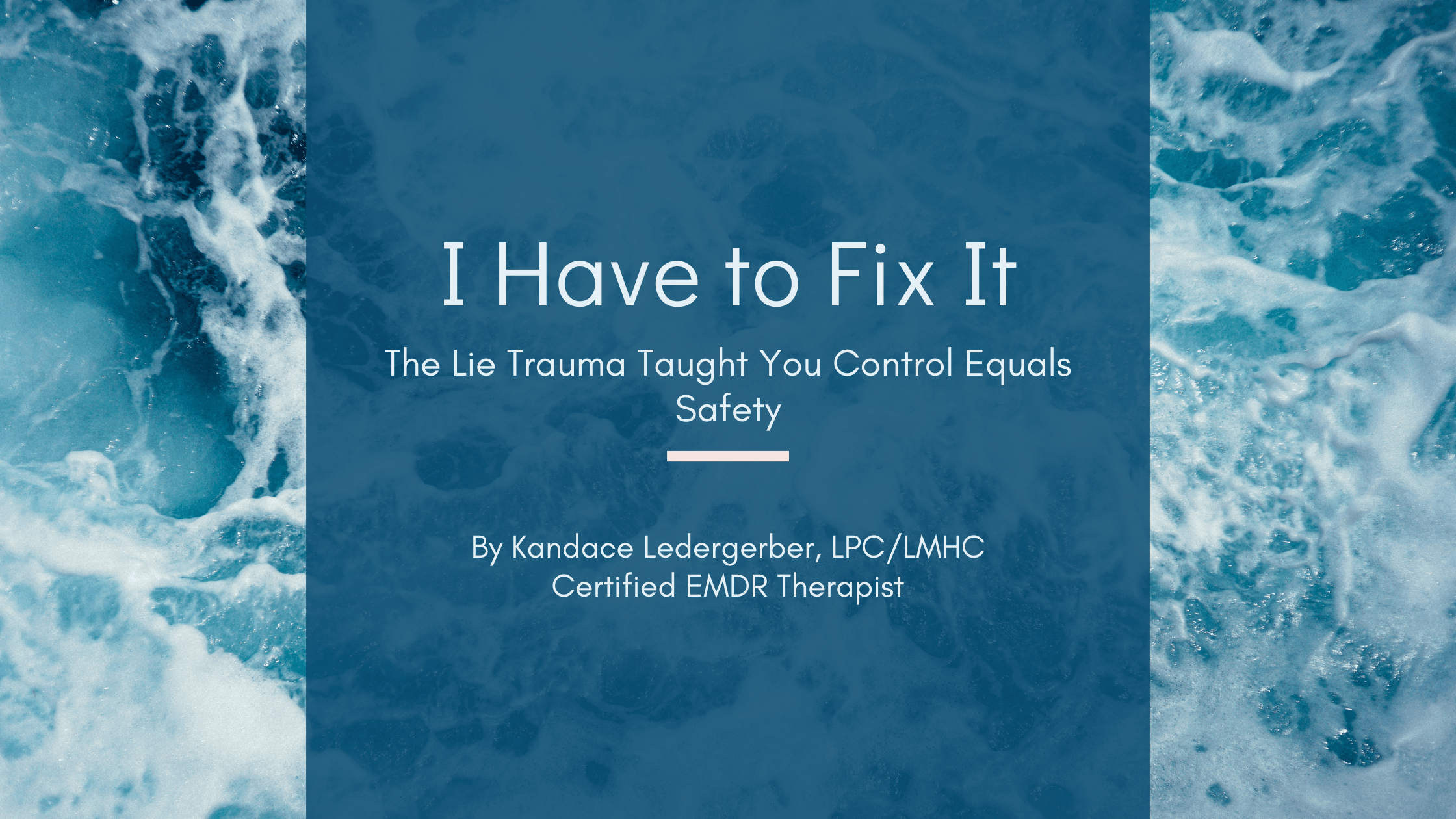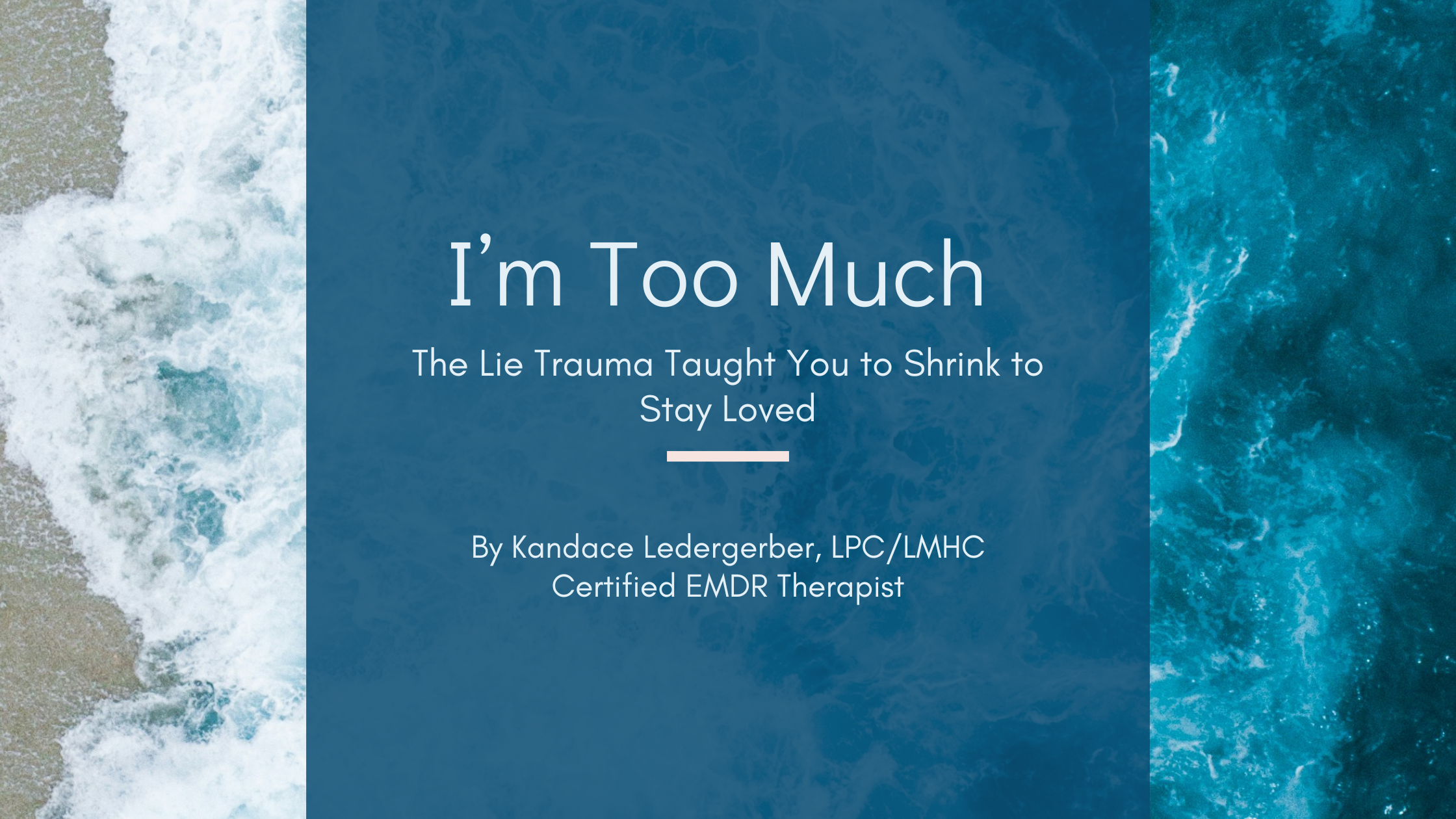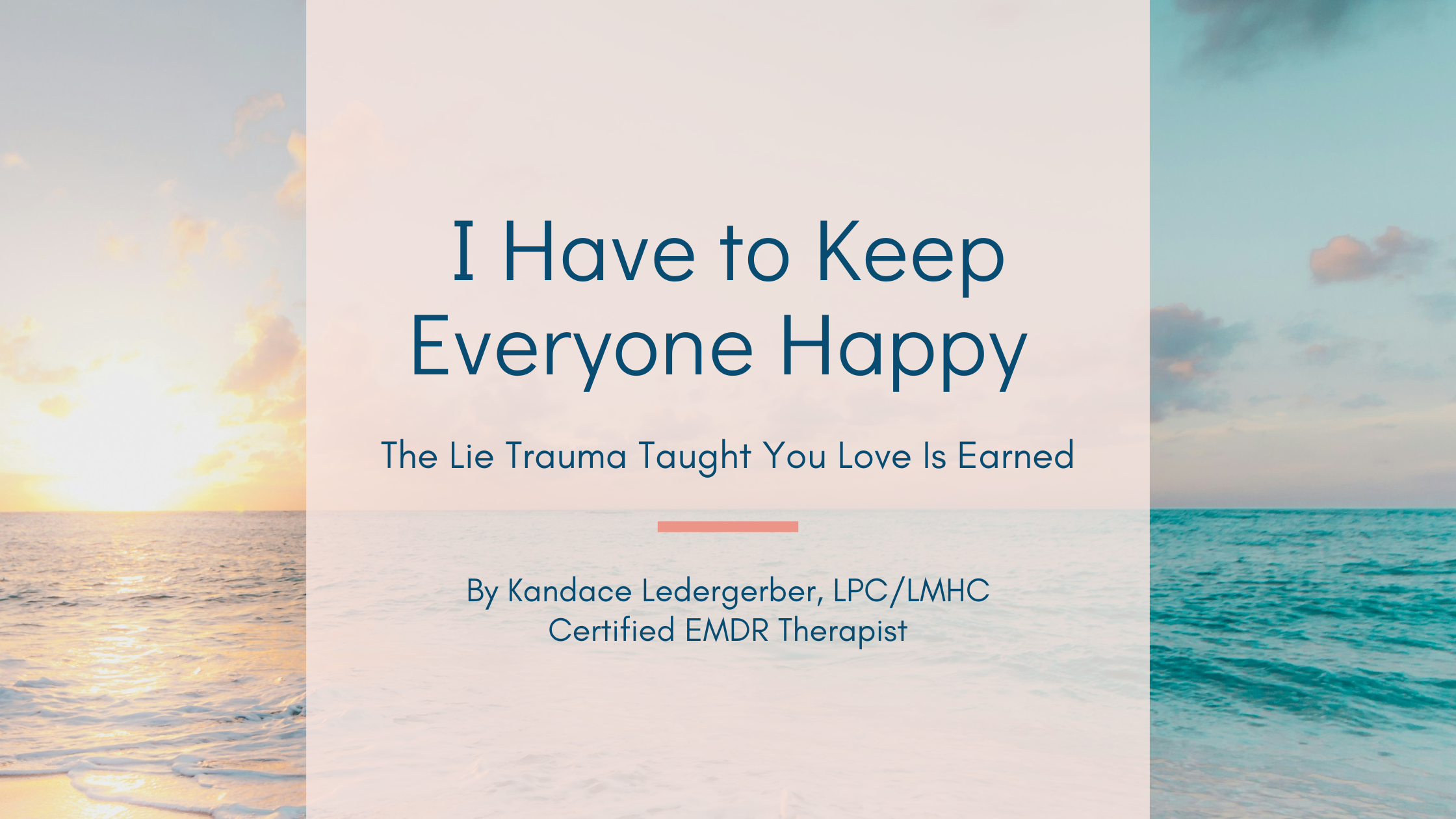Healing Resources & Blog
You deserve a space that feels safe, steady, and supportive while you move out of trauma.
Looking for Something Speicifc?
Explore By Topic
-

EMDR Basics + Education
-

Anxiety and Perfectionism
-

Sexual Trauma and Healing
-

Family Trauma and Cycles
-

Nervous System + Healing Tools

